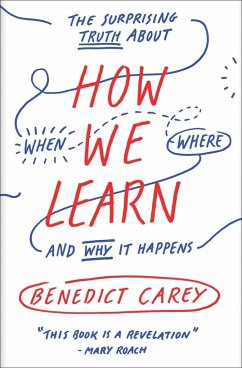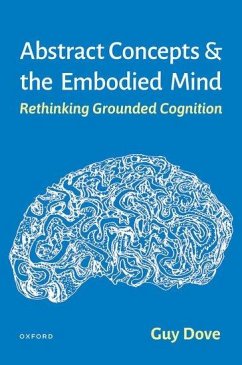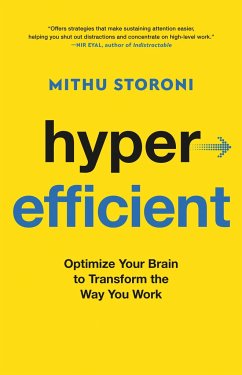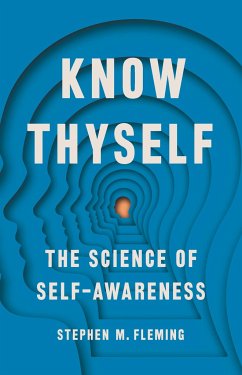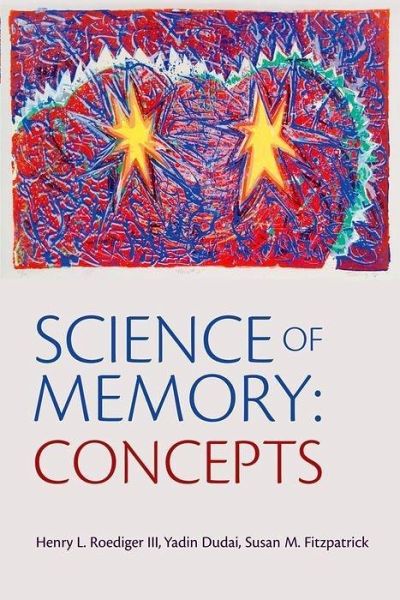
Science of Memory Concepts
This volume helps initiate a new science of memory. Currently, scientists study memory from many different perspectives - neurobiological, ethological, animal conditioning, cognitive, behavioural neuroscience, cognitive neuroscience, and social and cultural. This book brings together leading practitioners from all these approaches to come together to analyse and discuss 16 concepts that are critical to understanding memory. The contributors state their position of a particular
concept and elucidate how the concept is used and how it should be used. For some concepts, there was general agreement across practitioners from different fields and levels of analysis, whereas for other concepts there was great disagreement. A final chapter in each of the 16 sections is devoted to
particular concepts was written by another leading researcher whose task it was to integrate the various viewpoints and come to some conclusions about the concept at issue. This volume begins the new science of memory seeking a unified understanding of the topic.
concept and elucidate how the concept is used and how it should be used. For some concepts, there was general agreement across practitioners from different fields and levels of analysis, whereas for other concepts there was great disagreement. A final chapter in each of the 16 sections is devoted to
particular concepts was written by another leading researcher whose task it was to integrate the various viewpoints and come to some conclusions about the concept at issue. This volume begins the new science of memory seeking a unified understanding of the topic.
The study of learning and memory occurs in several scientific traditions: neurobiology, neurogenetics, neurochemistry; animal learning and behaviour; behavioural neuroscience; ethological and evolutionary approaches; cognitive psychology; neuropsychology, computational modelling, and artifical intelligence all contribute. However, researchers using one approach typically work in relative isolation from those using other approaches. The aim of the volume is to bring together leading
researchers in the various fields of learning and memory to discuss the field's core concepts, across disciplinary boundaries, with the hope that such discussion will enhance and reorient the field and lead to a more unified science of memory. Science of Memory: Concepts is not to be simply another
edited volume that reports research by contributors, but rather a searching examination of 16 fundamental concepts in the field. For each, three position papers describe how the concept is viewed in the author's particular tradition. There is an integrator for each concept, who will pull together the main themes from the various contributions and elucidates key points of agreement and disagreement. The volume will begin with an introductory chapter by Yadin Dudai, Roddy Roediger, and Endel
Tulving, and will end with a concluding chapter by Susan Fitzpatrick. Science of Memory is essential reading for professional researchers and students in all the various fields of learning and memory.
researchers in the various fields of learning and memory to discuss the field's core concepts, across disciplinary boundaries, with the hope that such discussion will enhance and reorient the field and lead to a more unified science of memory. Science of Memory: Concepts is not to be simply another
edited volume that reports research by contributors, but rather a searching examination of 16 fundamental concepts in the field. For each, three position papers describe how the concept is viewed in the author's particular tradition. There is an integrator for each concept, who will pull together the main themes from the various contributions and elucidates key points of agreement and disagreement. The volume will begin with an introductory chapter by Yadin Dudai, Roddy Roediger, and Endel
Tulving, and will end with a concluding chapter by Susan Fitzpatrick. Science of Memory is essential reading for professional researchers and students in all the various fields of learning and memory.





